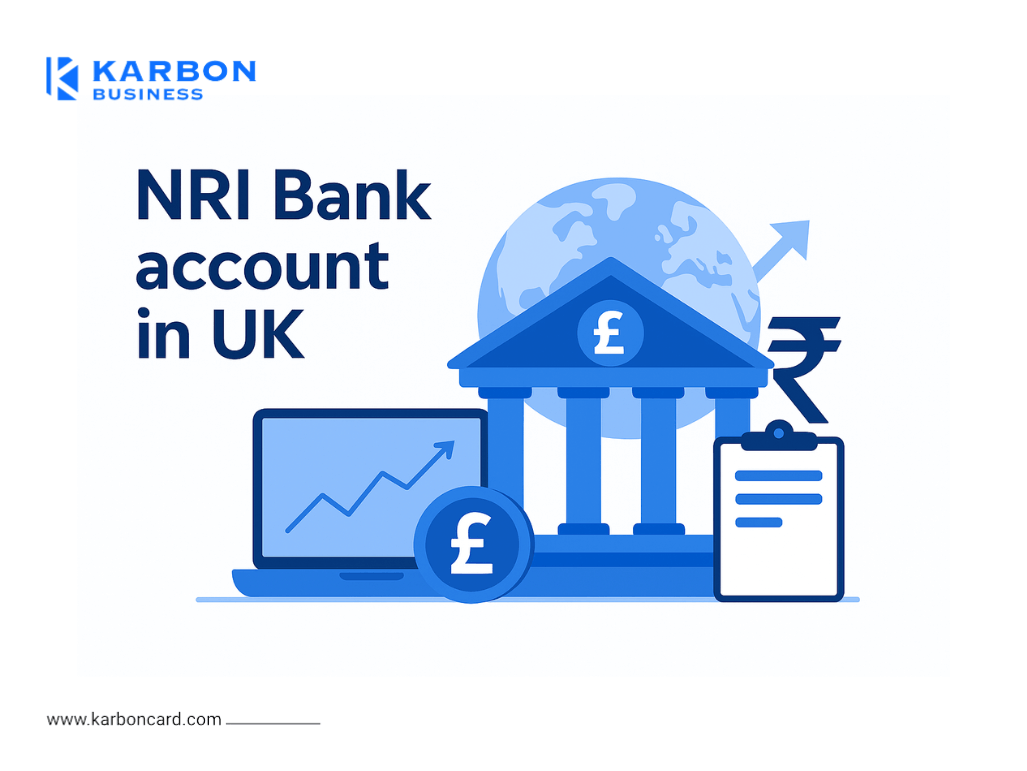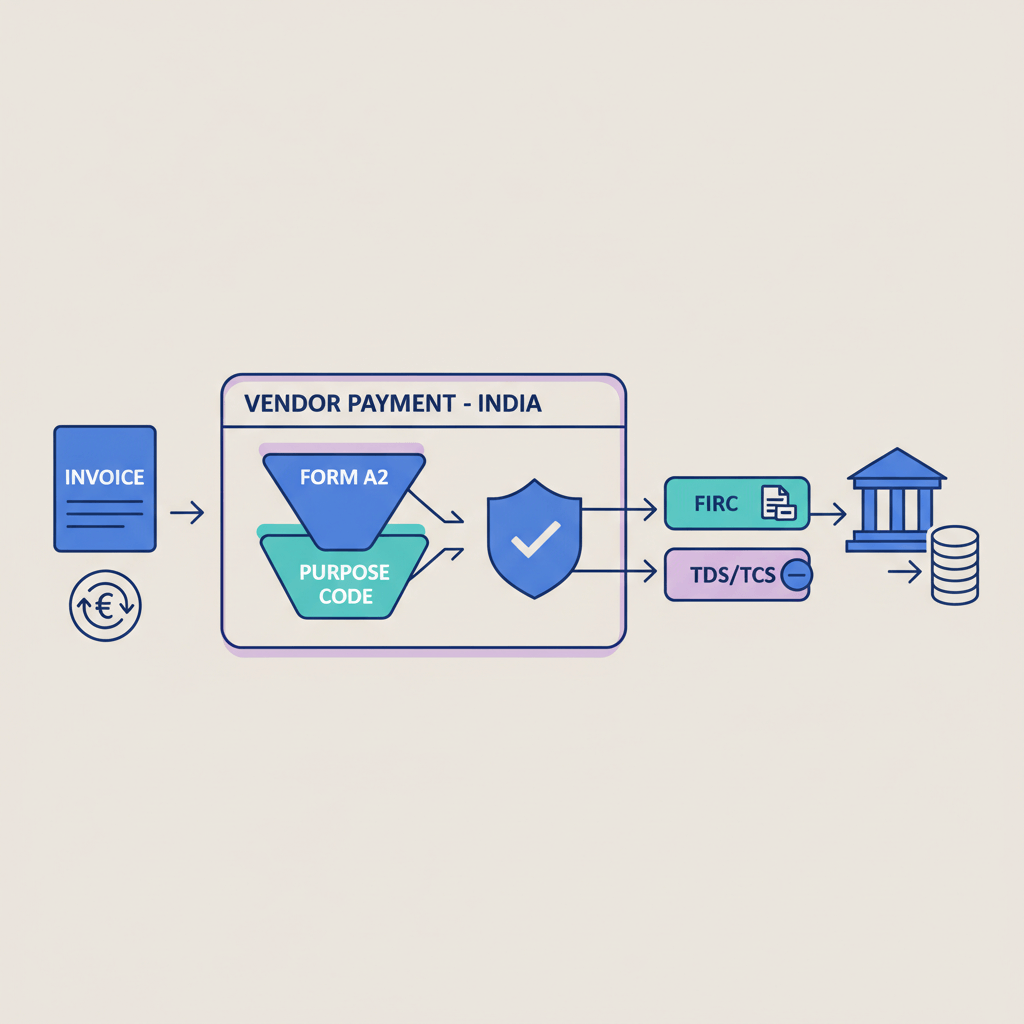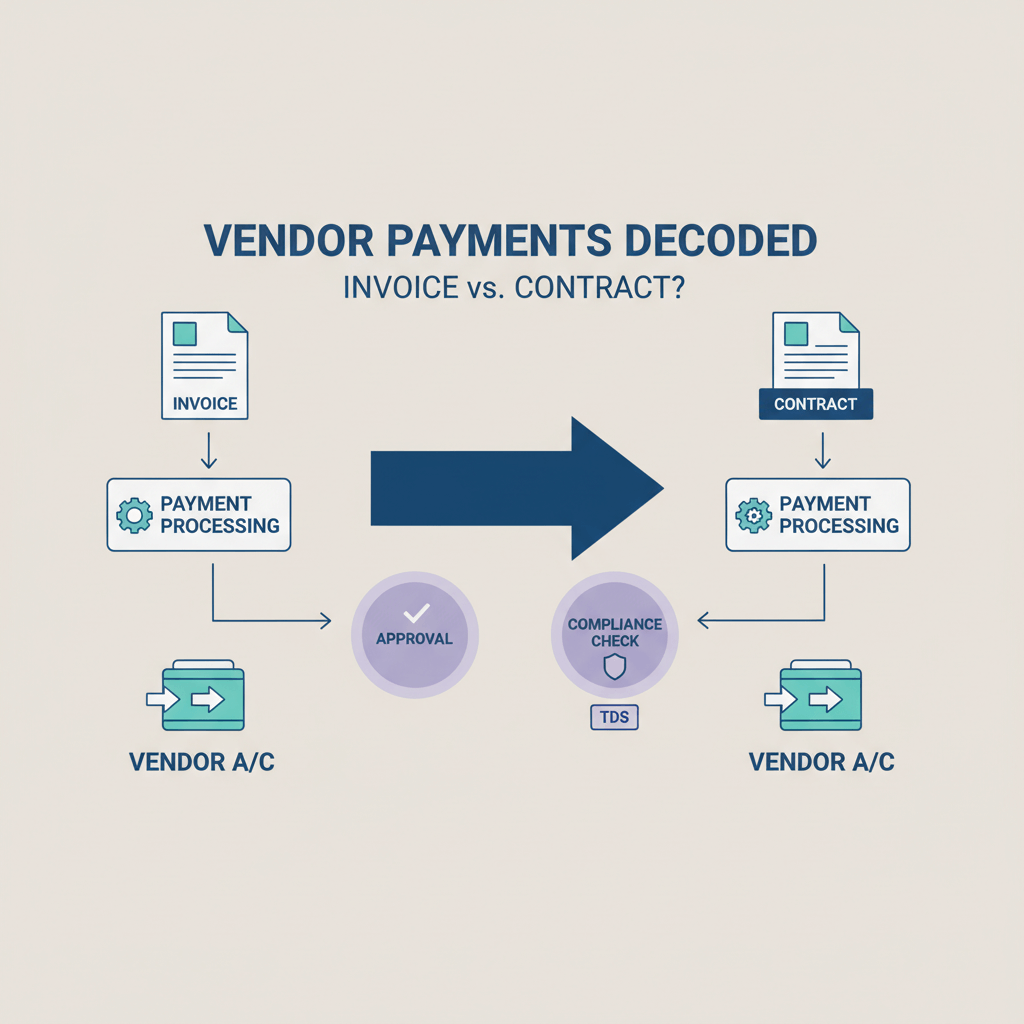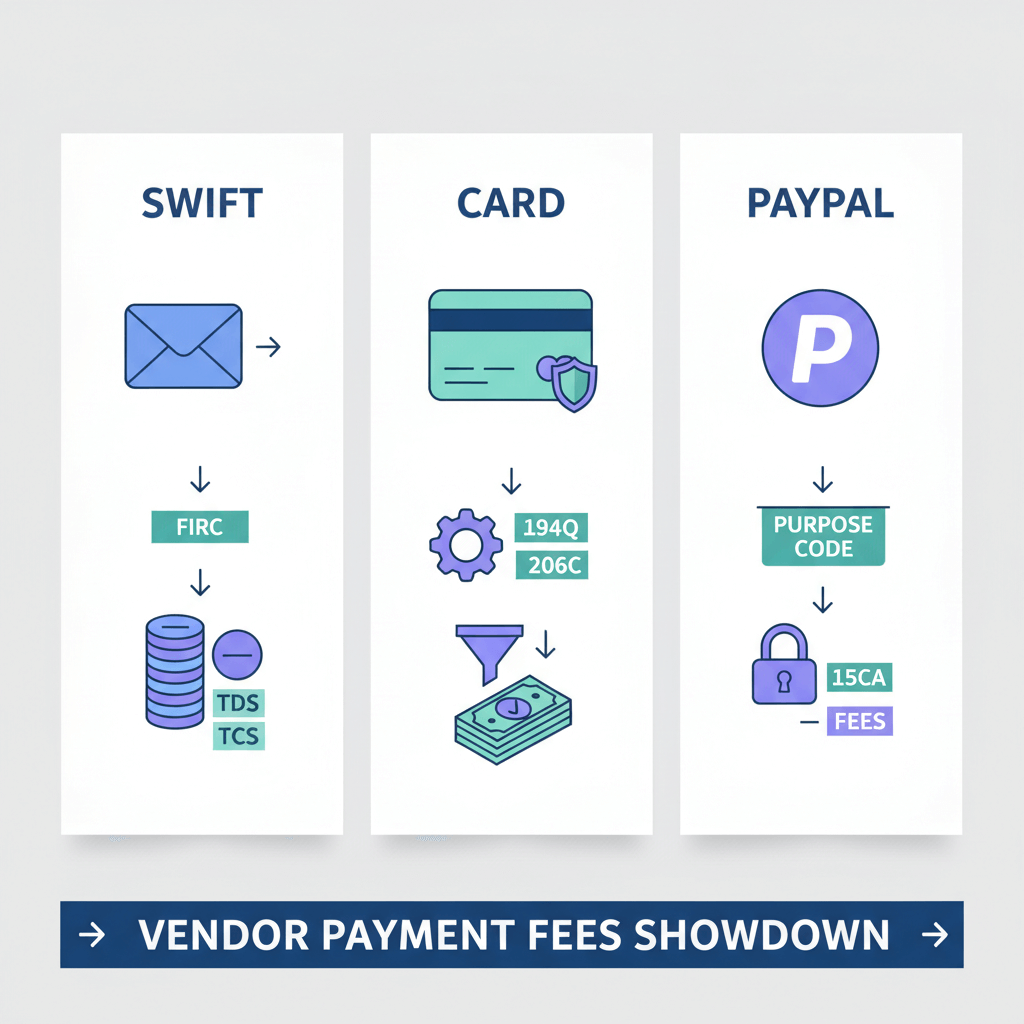There are millions of businesses around the world that operate globally. In India alone, thousands of exporters, agencies, and D2C brands sell to UK clients, suppliers, or partners.
That means these businesses must have a reliable way to send, receive, and hold foreign money. Opening a business bank account in UK is the first step to streamline international payments.
But if you’re a non-resident and your business runs fully online, chances are you’ve already heard lines like:
“We need you to be in the UK to apply.”
“We can’t complete KYC without a local director.”
Traditional banks often shut the door, making it feel like opening a bank account in UK is a dead end. The truth? It’s not impossible.
In fact, if you’re a sole trader, partnership, small company, or even a freelancer with UK clients, there are easier, online-first options that need only a few documents.
This guide breaks down exactly how non-residents can open business bank account online UK non resident.
Why Do Businesses Need a UK Business Bank Account?
Faster Payment Rails: Having GBP-based local UK banking details (sort code + account number) means you can receive payments faster. You can use the account to receive payment through BACS or CHAPS rather than SWIFT or international wires, which are slower and more expensive.
Even as a Non-Resident Indian, you can use digital service providers or EMIs (Electronic Money Institutions) to get local banking details online. This makes it easier to manage a business bank account and UK payments simultaneously.
Better FX Control: If you regularly receive GBP, you can hold funds in GBP, which reduces frequent conversion outflows. Some providers let you hold multi-currency balances, so you only convert them when it’s most profitable. Holding funds locally in a bank account in UK gives you more control over FX losses.
Credibility: If you are offering services to UK clients or goods to importers, they find it credible and easy to pay a local business bank account in UK. It also validates you’re a “real business” in the UK. It improves credibility for contracts, especially in sectors like consulting, IT services, and online marketplaces.
Who Can Open a Business Bank Account in the UK?
Business structures accepted: Usually, sole traders, partnerships, limited companies, and limited liability partnerships (LLPs) are accepted. For sole traders, the documentation is generally a bit less. For limited companies, you’ll need your UK registration via Companies House, certificate of incorporation, possibly a memorandum & articles, etc.
Non-resident owners/directors: Non-UK residents like directors or sole traders can open a UK account. However, if you want a traditional UK bank, these banks mostly prefer (or require) at least one director to have a UK address or be UK-resident. This is because of risk, regulatory compliance, and anti-money laundering rules. If no director is UK-resident, the bank may impose stricter checks or refuse.
However, traditional banks aren’t the only way. Non-resident business directors and sole traders can still easily do transactions with a local UK multicurrency account with much lower fees than these traditional banks. You can open business bank account online UK non resident and start receiving payments quickly.
The Most Common UK Business Bank Account for Non-Residents: Digital and Fintech Platforms
Digital and fintech platforms are the go-to for non-residents who want speed, flexibility, and multi-currency features without having to visit the bank in the UK. They’re faster to open, easier to manage online, and usually more transparent on fees.
Who usually chooses Fintech Platforms?
• Agencies offering services like IT consultations, marketing, etc., to UK clients and wanting a quick, fully online setup.
• Businesses trading across borders and needing multi-currency accounts.
• Companies who want low FX fees and a way out of hidden markups, processing fees, or deductions that result in at least 8% loss from the amount sent or received. Anyone looking for best business bank account UK for sole trader find Fintech their best option.
Best fintech options for non-residents
• Karbon Business – Perfect for Indian agencies and exporters paid in multiple currencies. You can open business bank account online UK non resident and get a GBP account number instantly, so clients can pay you just like a local UK business. Karbon also lets you hold GBP, USD, EUR, and 30+ currencies for up to 60 days. Its fees are lower than Wise, PayPal, Payoneer, and other well-known platforms, making it a cost-friendly option.
• Wise Business – A globally trusted platform for freelancers. Wise provides local account details in different countries, which makes it easier for clients to pay you without costly international transfers. Its FX fees are lower than PayPal, Payoneer, and other big providers, helping you keep more of what you earn.
• Revolut Business – Great for companies with teams. Revolut lets you issue cards to employees, set spending limits, and manage expenses from one app. It also supports multi-currency balances, but you’ll need a UK or EEA presence to be eligible.
Going the Legacy Route: Traditional UK Banks for NRIs
Traditional banks in the UK remain the first choice for businesses that want relationship managers, lending options, overdraft facilities, and the credibility of a big-name bank. Opening a bank account in UK with a traditional bank can help secure loans and high-street recognition.
However, the process isn’t always smooth. Onboarding is often slow, and most banks expect at least one company director to be a UK resident. Without this, KYC checks become much tougher, and in many cases, non-resident businesses won’t get approved. On top of that, you’ll usually need to visit the UK in person to complete the account opening.
Who usually goes for traditional banks as non-residents?
• Larger businesses that need loans or overdraft facilities.
• Companies serving UK clients who specifically request a high-street bank account.
• Firms that want the trust and brand value that comes with a well-known bank.
Best traditional UK banks for business accounts:
• HSBC UK – Known for its international reach and trade finance solutions. A strong option for foreign-owned companies seeking global coverage.
• Barclays, Lloyds, and NatWest – Dependable for everyday banking, online access, merchant services, and financing. Some products require at least one UK-resident director, depending on the bank’s risk policies.
UK Traditional Business Bank Account (Non-Resident Checklist)
To open a UK business account as a non-resident, you need to prove the business is legitimate and show who owns it. Key requirements:
• Company proof: Companies House registration, incorporation certificate, articles.
• UK address: Registered or trading address. Some banks may accept premium virtual offices, but physical sites work best.
• Owner checks: Passport and address proof for directors, shareholders, and UBOs.
• Business activity: Invoices, contracts, website, or a short plan.
• Tax IDs: UK VAT (if applicable) and foreign tax IDs.
• Funding: Opening deposit or minimum balance, depending on the bank.
• Source of funds: Bank statements or contracts that explain where money comes from.
Steps: Choose bank type → prepare documents → open business bank account online UK non resident → verify identity → start receiving GBP payments.
Costs and Fees to Expect While Opening a Business Bank Account in the UK
Frequently Asked Questions (FAQs)
1. Do I really need a business account for my company?
If you’ve set up a UK limited company, yes — you must have one since the business is a separate legal entity. Sole traders and freelancers aren’t required to, but having a business bank account in UK keeps things cleaner and professional.
2. Can non-residents open a UK business bank account?
Yes, non-residents can apply, but it’s not always straightforward. Most banks want the company registered in the UK with a verifiable address, while fintechs like Wise or Revolut are often more flexible.
3. What documents do I need as a foreign-owned business?
Usually: certificate of incorporation, articles of association, proof of UK address, ID for directors/owners, and evidence of business activity (contracts, invoices, website, etc.). Some banks may also ask for ownership charts or source-of-funds details.
4. Do I need a UK-based director or representative?
Not always. Fully foreign-owned companies can still open accounts, but having a UK director or local contact often makes approval faster and smoother.
5. Can I open the account online without visiting the UK?
With digital banks like Karbon, Wise or Revolut, yes. You can open business bank account online UK non resident remotely. Traditional banks may still require an in-person visit or video verification.
6. Which banks or providers work best for non-residents?
High-street options include HSBC, Barclays, Lloyds, and NatWest. Fintech alternatives like Karbon, Wise, Revolut, or Payoneer are widely used, especially for multi-currency transactions.
7. How long does it take to get an account opened?
Anywhere from a week to a month. Simple setups with fintechs are faster, while high-street banks may take longer if extra due diligence is needed.
8. Are there minimum deposits or balance requirements?
Some traditional banks ask for an initial deposit or minimum balance to avoid fees. Fintechs are more flexible but may limit features until your account is fully verified.
9. Can I get a multi-currency account (GBP, USD, EUR)?
Yes, both banks and fintechs offer them. Just be sure to check exchange rate markups, transfer fees, and whether payments are local or via SWIFT.
10. Does opening a UK account create local tax obligations?
Not by itself. You’ll only face UK tax if you have a permanent establishment or generate UK-source income. The account alone isn’t enough to trigger tax liability.










